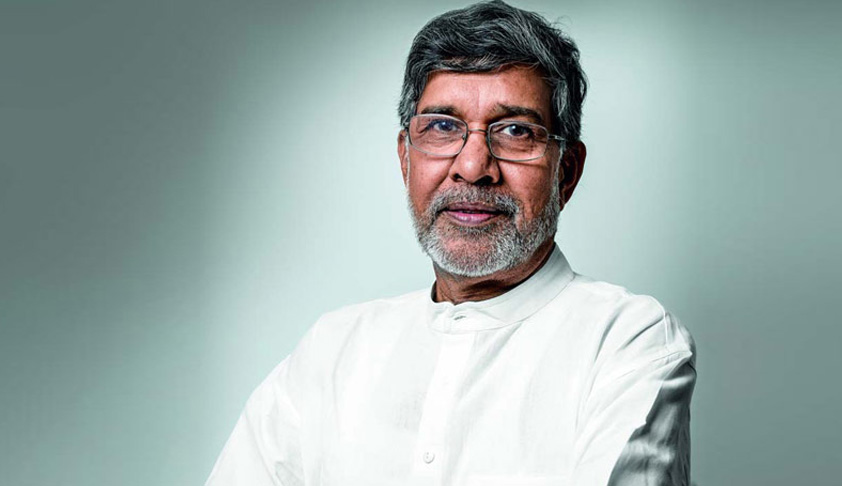- Home
- /
- Cover Story
- /
- Kailash Satyarthi’s legal...
Kailash Satyarthi’s legal struggles: PILs facilitating the cause
Apoorva Mandhani
21 Oct 2014 4:13 PM IST
Kailash Satyarthi, the joint winner of this year’s Nobel Peace Prize, gleams with honesty when he says that “children are his religion”. Satyarthi considers this a victory of not just a man, but the entire cause, the cause that he has been fighting for, with his heart and soul for more than 3 decades.The electrical engineer started off with teaching at a college in Bhopal,...
Tags
Bachpan Bachao Andolan (BBA)Bachpan Bachao Andolan v. Union of India and othersBandhua Mukti Morcha (BLLF)Bonded Labour System (Abolition) Act 1976Cheif Justice A P ShahChild Labour ActJuvenile Justice ActKailash Satyarthi’s legal strugglesNobel Peace Prize SatyarthiPILRight of ChildrenSupreme Court on Children's Rights
Next Story



